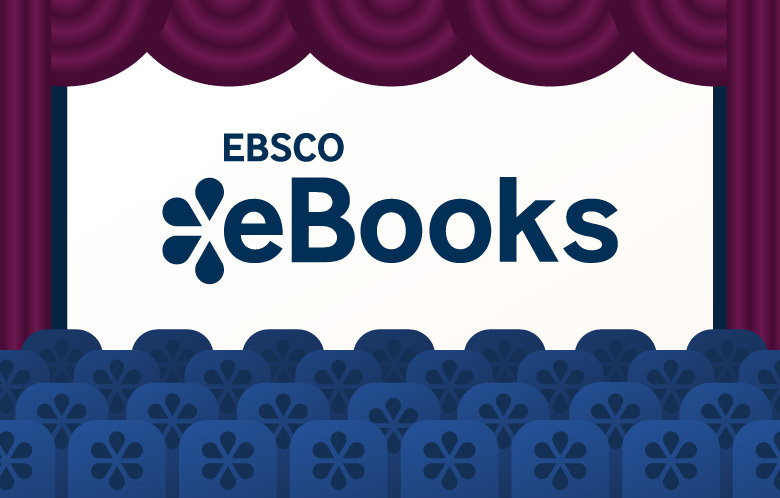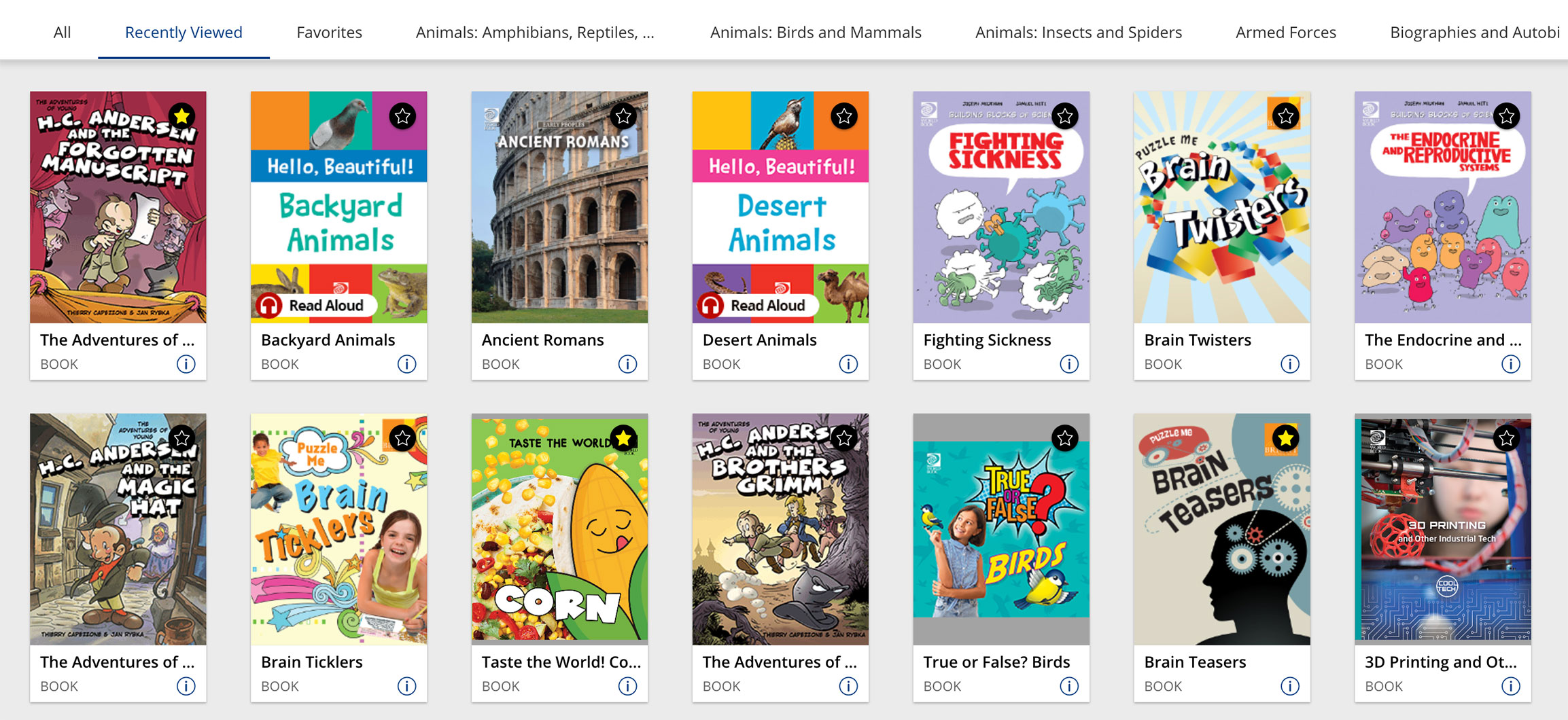Dive into New Worlds with Top Choices from Our Ebook Store
Dive into New Worlds with Top Choices from Our Ebook Store
Blog Article
Analyzing the Reasons That EBooks Have Become a Vital Component of the Literary Landscape
The change from conventional published publications to electronic formats has actually sparked discussions on the reasons behind this change. Comprehending the driving pressures behind the increasing frequency of digital books can provide valuable understandings right into the developing nature of literary works usage in today's digital age.
Availability and Convenience
EBooks have actually substantially improved the accessibility and convenience of literary works in the electronic age. With the rise of digital analysis systems and devices, people currently have the capacity to carry a whole library with them any place they go. This ease is especially beneficial for pupils, researchers, and avid visitors that no longer need to haul around hefty books or stories. Instead, they can merely download the wanted eBook onto their device and begin checking out immediately.

Transportability for On-the-Go Reading
With the evolution of digital reading systems and devices, the enhanced mobility of literary works has actually reinvented the means individuals eat publications, allowing for on-the-go reading effortlessly. Books have removed the demand to bring large physical books, enabling viewers to access a large library of texts with compact tools such as tablet computers, smartphones, or e-readers. This convenience has transformed reading practices, as individuals can now enjoy their preferred books during commutes, travel, or any kind of spare moment in their day.
Cost-Effectiveness and Cost
In today's literary landscape, the facet of cost-effectiveness and cost plays a critical duty fit viewers' accessibility to a vast variety of literary works. EBooks have revolutionized the way viewers access material by using a more budget-friendly alternative to standard published books. The expense of creating and dispersing eBooks is dramatically reduced than that of physical publications, enabling authors to hand down these cost savings to consumers. This price aspect has actually democratized literature, making it easily accessible to an extra varied and extensive audience.
Furthermore, eBooks commonly come at a portion of the expense of print books, making it possible for viewers to purchase and appreciate numerous titles without breaking the bank. Numerous e-books are also available free of charge or at discounted costs, further enhancing their appeal to cost-conscious readers. In addition, the electronic nature of e-books gets rid of prices connected with printing, delivery, and saving physical duplicates, adding to their overall price.
Ecological Influence and Sustainability
The ecological footprint of digital analysis platforms has actually garnered raising attention in discussions bordering the sustainability of literary usage techniques. E-books, as an extra eco-friendly alternative to standard published books, offer substantial benefits in lowering paper carbon, usage, and deforestation discharges connected with the Check This Out publishing market. By changing towards electronic layouts, visitors add to preservation initiatives and advertise a greener strategy to appreciating literary works.
One of the essential advantages of e-books exists in their capacity to eliminate the need for paper production, which plays a significant duty in decreasing the ecological impact of publication publishing. With the rise of electronic analysis tools and e-readers, the demand for paper resources diminishes, causing a reduction in the number of trees lowered for paper production. Furthermore, the transport and distribution of electronic books require fewer resources and generate lower levels of greenhouse gas exhausts compared to physical publication distribution.
Essentially, the adoption of digital books straightens with sustainability objectives by mitigating the environmental consequences generally linked with the literary industry (ebook store). As readers accept digital platforms, they actively take part in promoting an extra sustainable future for the literary landscape
Technological Innovations in Reviewing

One substantial technical improvement in reading is the advancement of e-ink modern technology, which resembles the look of ink theoretically, reducing eye stress and offering a reading experience that closely appears like traditional publications. The accessibility of audiobooks and text-to-speech features has made literature a lot more inclusive for people with visual impairments or those that choose paying attention to analysis.
Furthermore, the combination of interactive elements in electronic books, such as multimedia content and hyperlinks, enhances the reading experience by providing a much more appealing and immersive method to take in material. These technical improvements in checking out not just cater to the developing preferences of contemporary viewers but also open new opportunities for the future of literary works in the digital age.
Conclusion

Digital books have removed the need to bring cumbersome physical publications, allowing readers to access a vast library of texts through small gadgets such as smart devices, e-readers, or tablets. E-books have changed the method readers gain our website access to material by supplying a more economical option to traditional printed books.Moreover, books usually come at a fraction of the expense of print publications, allowing visitors to buy and appreciate numerous titles without damaging the bank. EBooks, as a more environmentally friendly alternative to typical published books, offer considerable advantages in minimizing paper use, logging, and carbon discharges connected with the posting sector.One of the essential benefits of e-books exists in their capacity to eliminate the demand for paper manufacturing, which plays a substantial role in lowering the environmental effect of publication publishing.
Report this page